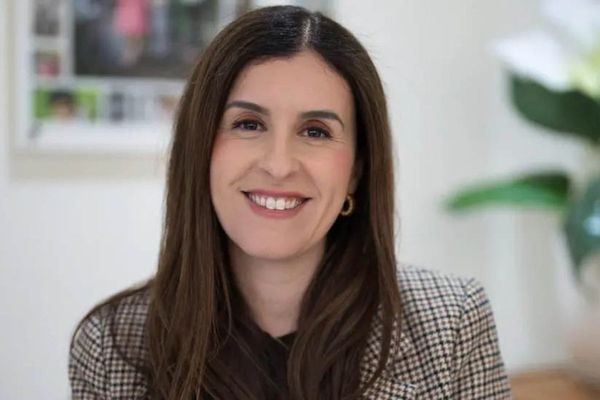
Brisbane homeowners who list their properties as short-term accommodation on sites like Airbnb will be slugged with a 50% rates hike amid a chronic shortage of rental properties.
Handing down the city’s $4bn budget on Wednesday, the LNP lord mayor, Adrian Schrinner, said a new “transitory accommodation” category will help tackle housing availability and affordability in Australia’s fastest growing capital city.
Schrinner said the 50% rate increase would mean a property on Brisbane’s minimum rating category would pay $600 extra a year, providing an incentive to landlords to rent their property to longer term tenants.
Brisbane’s rental vacancy rate was 0.7% in May, according to SQM Research.
“There’s a serious housing affordability issue and we need to be looking at new ways to increase housing supply,” Schrinner said.
“It’s about getting more accommodation for renters to be available in that long-term rental market. Every single property that switches from short-term to long-term rental is a win for the community.”
It comes as Schrinner said residential rates would increase by 4.93% – the city’s highest rates increase in more than a decade – as Brisbane grapples with the aftermath of February’s floods.
From 1 July, property owners who list their homes on Airbnb, Booking.com and Stayz will be asked to self-identify and be charged higher rates. The charges will only apply to entire properties, not single rooms or granny flats, and only to those rented out on short-term leases for more than 60 days a year.
Schrinner said council would use online resources to identify properties listed as short-term accommodation, and also allow people to report their neighbours.
The executive director of Q Shelter, Fiona Caniglia, welcomed the rate increase.
“We need to incentivise the return of these properties to the private rental market so more people can find a home,” she said. “It is a great example of local government demonstrating commitment and practical solutions to the housing crisis.”
However, Susan Wheeldon, Airbnb country manager for Australia and New Zealand, said in a statement the rates hikes would heighten financial pressures on landlords already dealing with rising interest rates and inflation.
“Hosting helps many Australians stay afloat and make ends meet in the face of rising costs of living,” she said.
Wheeldon also said the rates increases would “hurt guests who rely on short-stay accommodation to travel affordably in Brisbane.”
“Short term rentals generally comprise a tiny proportion of the overall Australian property market.”
Eacham Curry, director of government affairs at Stayz, said the company supports a code of conduct for the whole sector on a state level, rather than “piecemeal local council decision-making”.
“Councils need to recognise the benefit [short-term rental accommodation] brings to the local economy,” Curry said.
“We also caution against arbitrary fees that will fail to resolve housing supply issues and are not substantiated by data or consultation.”
Greens councillor for the Gabba Ward, Jonathan Sri, said the move was a positive first step but property investors renting out entire homes on a short-term basis “should be charged up to the eyeballs for it”.
“A rates increase of a couple [of] hundred dollars per year is crumbs to these Airbnb investors. They’re taking thousands of dollars a month,” Sri told Guardian Australia.
“Instead of a 50% increase, we should be increasing rates on Airbnbs by at least 500%, and banning them altogether in areas not zoned for short-term accommodation.
“We also need a similar rates increase for properties that are left vacant long-term when they could instead be rented out.”
Earlier this year, Noosa shire council introduced a $950 registration fee for short-term accommodation properties, while the New South Wales government approved a request for a 90-day-a-year cap on short-term rentals in Byron Bay.
Caniglia said the number of privately owned homes listed as temporary accommodation had exacerbated the housing crisis.
“There is no doubt that the trend in listing privately owned homes as temporary accommodation is removing housing options from people, including families, who are desperately searching for a home,” she said.
Guardian Australia has contacted booking.com for comment.







